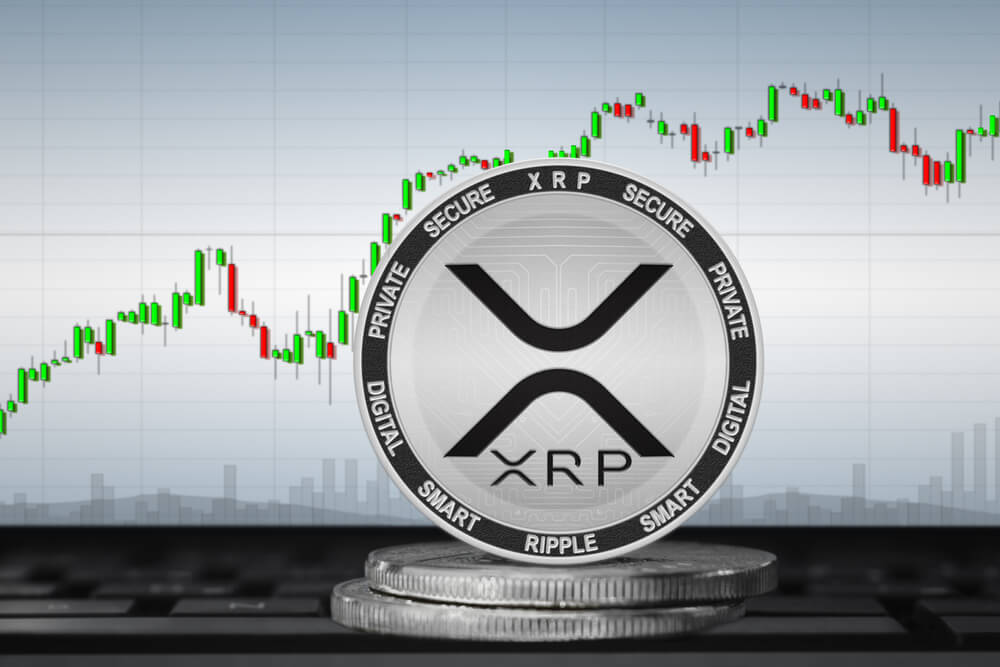
The eurozone economy rose 0.4% in the first quarter of 2025, doubling what most analysts expected. Data comes from Eurostat on Wednesday, showing stronger production than expected, despite the region dealing with pressure from US trade tariffs and declining consumer confidence.
Most economists voted by Reuters had projected growth of just 0.2% this quarter. This would have been in line with the revised figures since the last quarter of 2024.
But instead, the smaller countries in the bloc surpassed the usual great powers and dragged the numbers up, while the larger economies like Germany and France were barely moving.
The Southern economy makes heavy lifts
Eurozone leader Germany recorded a bump of 0.2% of GDP in the first quarter. The numbers were released on Wednesday by the German Federal Statistics Office and adjusted for differences in prices, seasons and calendars.
The office said growth came from increased consumer spending and capital formation. That means households have bought more, and businesses have invested more than they did late last year.

That growth fell 0.2% in the fourth quarter of 2024, meaning Germany was able to avoid a technical recession. But it wasn’t that rebound. The country has been stuck in a stop start loop for more than a year. Every three months, either raw forward or glide backward.
Other German sectors are still struggling. Automotive manufacturing is under pressure from competition with China. House buildings, infrastructure, and public investments remain weak due to high costs and bureaucratic delays. All of this is that the United States, the country’s most important trading partner, continues to slap new tariffs on exports.
As part of the European Union, Germany faces a comprehensive 20% tariff on goods heading to the US. The rate was temporarily reduced to 10% to allow time for negotiations, but that suspension expires in July. The country is also attacked by certain obligations of iron, aluminum and cars.
And now, with Donald Trump back in the White House, there’s even more tension. Last week, Economy Minister Robert Harbeck blamed Trump’s tariff policies on downgrades, saying Germany had no hopes for economic growth in 2025.
Outside of Germany, the better numbers in the eurozone came from smaller countries. Spain and Lithuania each recorded growth of 0.6%. Italy rose 0.3%. However, Ireland went into full beast mode, jumping 3.2% in just three months. This kind of leap is nothing new to Ireland. The economy is stacked with large multinationals, so its numbers are more volatile than most other people in the bloc.
France barely added anything, growing 0.1% in the first quarter. It still counts as growth, but it is clear that the South and small countries have blocked this quarter.
Tariffs were emotional when the ECB tried to maintain the course
The European Central Bank spent most of the last two years cutting fees to prevent the eurozone economy from stagnating completely. Earlier this month, the ECB cut its deposit facility rate (main policy rate) to 2.25%, down from 4% in mid-2023. The move was intended to cause more borrowing and spending across the region.
Back in March, the ECB said it expects eurozone GDP to increase by 0.9% in 2025. This was a step back from the forecast for January. A new forecast was made in June, and the central bank said these next figures are important in determining what to do with interest rates next.
However, rate reductions are not silver bullets. ECB president Christine Lagarde said the developmental process in the region is “on track to the point we’re approaching completion,” but warned that shocks like tariffs from the US will once again “damp down” growth.
At the International Monetary Fund and the World Bank’s spring meeting, officials from both the ECB and other global institutions said Trump’s trade policy was one of the biggest threats to European growth.
Now, the European Union is waiting before launching its own retaliation fee. The Bullock is setting fires until a meeting with the US was successful or collapsed in July.
Cryptopolitan Academy: Coming Soon – A new way to earn passive income with Defi in 2025. For more information







